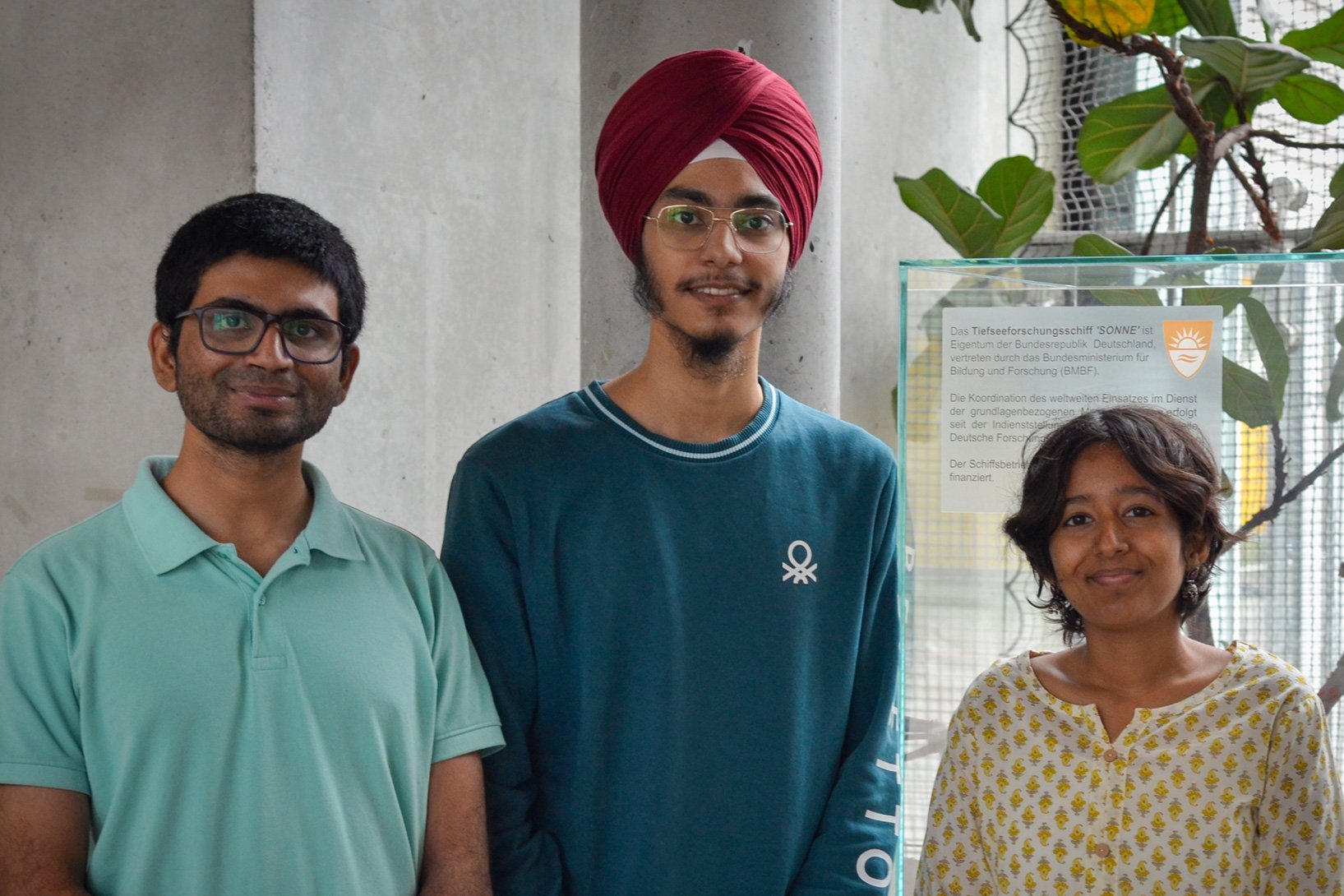The Max Planck Institute for Meteorology develops and supports an IT environment enabling scientists to understand Earth’s changing climate, including a well-functioning interface to the DKRZ high performance computing environment. In the Scientific Computing Laboratory we care about our numerical modelling tools, the computing infrastructure and about employing the models on the most advanced high-performance computing technologies.
Numerical simulations of the global climate system – not only with ICON – rely on complex hardware and software. To push current global climate models to the kilometer-scale and beyond with a reasonable performance of at least one simulated year per day requires a more than three orders of magnitude increase in computational throughput. To meet these goals an efficient use of exa-scale computing platforms is mandatory. So, the code needs to be well portable. New hardware alone will not solve the problems, work is required on several levels: New algorithmic approaches, rethinking of our traditional workflow and how we address the increasing amount of data have to be on the agenda to meet future climate science goals. With our focus on the central projects with ICON, and under scientific leadership in a strategic sense we advance and sustain the scientific modeling IT infrastructure of the Max Planck Institute for Meteorology as well as the model development in the different departments. In the area of High Performance Computing the Max Planck Institute for Meteorology co-operates, to a large extent via the Scientific Computing group, very closely with the German Climate Compute Center (DKRZ), but also other institutions of the Partnership for Advanced Computing in Europe (PrACE) and Gauss initiatives.
Depending upon project demands on the one hand, and our skills on the other hand, we assist the scientists of the different research groups. Other roles include software developments like, for example, the climate data operator package developed in-house, or technical developments for third party funded projects like ACROSS, Warmworld, NextGEMS or ESiWACE. Fostering and developing strategic partnerships round off the profile of our scientific service.
Contact
Dr. Daniel Klocke
Group leader – Computational Infrastructure and Model Development
Tel.: +49 (0)40 41173-144
daniel.klocke@mpimet.mpg.de
More Content

Expert committee recommends the selection of the WIVERN satellite mission as the 11th Earth Explorer
An expert committee has recommended the WIVERN satellite mission to be selected as the eleventh “Earth Explorer” mission of the European Space Agency…

Observations, theory, and machine learning: Three guests from the IISER-MPG program start their work
During their several-month research stay at the Max Planck Institute for Meteorology, master's students Srinivas Adireddi, Medha Murti, and Chitvan…
